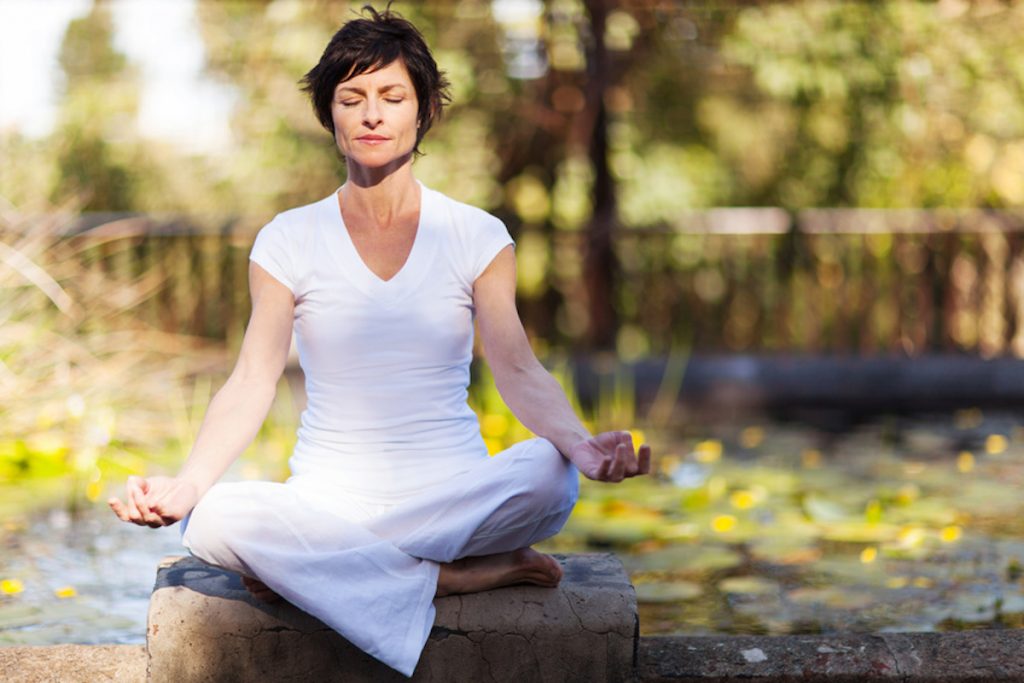
It has been reported that a third of all Londoners spend an entire work day commuting each week. In an end of year survey, 30% of workers spent an average of 8 hours and 45 minutes commuting, and another 31% spent 6 hours and 15 minutes commuting.
For most of us, commuting is fairly unpleasant even at the best of times. It’s time-consuming, physically draining, and has a negative impact on our stress levels.
The push and shove of getting in and out of the stations, and on or off the conveyance of choice, tends to kick our internal alarm systems – our amygdalae – into action and we get low level fight or flight activation. As the carriages get busier, the increased jostling tends to flip some people over the edge, creating an atmosphere that leaves everyone on board wishing they were anywhere other than here in this moment.
The mechanics of stress don’t just affect our internal biology. The electromagnetic field emitted by our hearts affects the brain states of everyone within an 8 feet radius of us. If our heart is pumping in stress or discomfort, the electromagnetic field effect will be to create disturbance within the brain state of all those sitting in the same section of the carriage as us.
If our cortisol levels are raised, then we start emitting a six foot cloud of cortisol through the pores of our skin. The people around us begin to ingest these steroids which then activates their cortisol receptor sites and causes them to start nudging more and more into biological state of stress.
It becomes a vicious cycle whereby the more each of us feels stressed, the more the stress temperature rises in our vicinity, the more fight-or-flight feedback we tend to get from the stressed out strangers we are sharing our journey with.
During peak commuter hours, tubes, trains and buses are hotbeds of stress chemistry and electromagnetic disturbance. We find ourselves trapped in these moving stress wagons until we can get to our destination and breathe fresh air again. What a way to start or end your working day!
One way to make the journey a little easier is with music or computer games, or perhaps mindless reading of the free newspapers you get on public transport! Indeed these are the go-to of choice for many a commuter. Whilst distraction offers a psychological escape from the unpleasantness of the journey, it doesn’t immunise us from the biological consequences. It’s merely a low grade palliative.
What better way to make use of all this dead time than to meditate your way through the hustle and bustle of a crowded commute by closing your eyes and transcending the hubbub? When you have a personalised mantra, you will partially, or even fully transcend the unpleasant aspects of your existing reality and put yourself in a space whereby you become physically and mentally more energised as you travel, not less.
It will calm down the activation of your amygdalae so that you feel calm and clear when you exit your journey, rather than feeling jumpy and on edge.
Your brainwaves will go into a heightened state of synchronised coherence that is mostly immune to the electromagnetic nonsense transmitted by your fellow passengers.
By putting you in a hypometabollic state, it will also mean that you ingest far fewer of your transient comrades stress chemicals. Indeed, your cortisol levels tend to fall by approximately 25-33% when you meditate.
Not only do you get to benefit from all these effects, your colleagues and your family and friends will benefit from a calmer, happier you when you arrive to and from work.
We can even perform a valuable public service by doing this practice. Instead of emitting stressed out electromagnetic heart patterns and stress chemicals, we will be emitting very soothing electromagnetic frequencies that will help the people around us feel calm and balanced. We will also emit a six foot cloud of endorphins that will brighten up our comrades internal states.
All this without any real cost to your day. It’s a way to alchemise one of the most insidious parts of your week into something really rather uplifting and life supporting. It’s a commuters dream!
Perhaps one day we will even find a situation whereby 20% of commuters will be meditating together as they venture in and out of town? The commute will be even dreamier, even for those not partaking. Or maybe our future commutes will simply be lost in a haze of virtual reality devices. Which reality would prefer to be a part of?

The Benefits of Beeja Meditation
- Reduce stress and anxiety
- Greater clarity and calm
- Increase focus
- Enhance relationships
- Sleep better
- Feel energised



